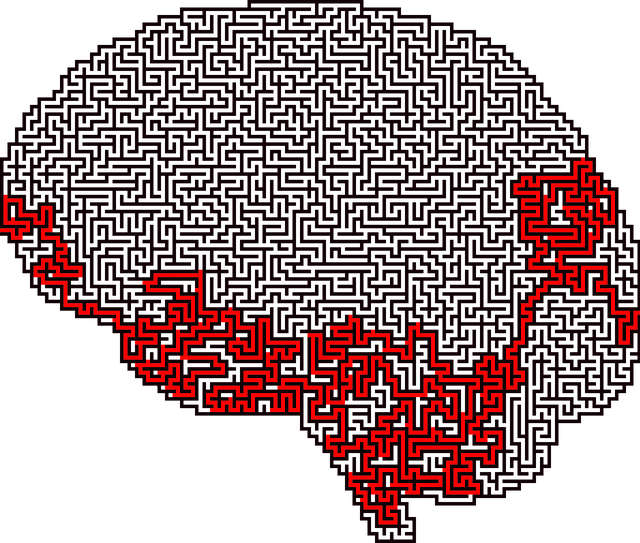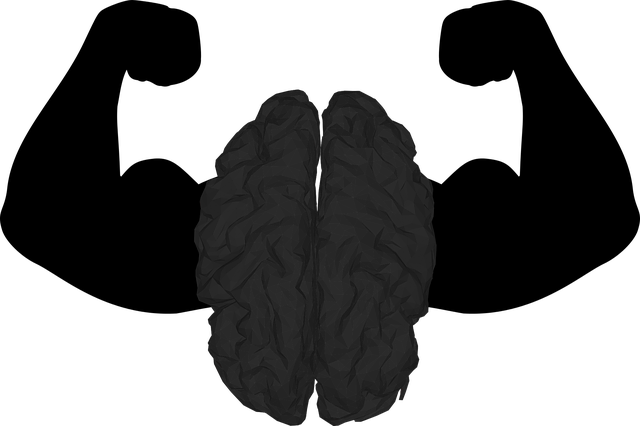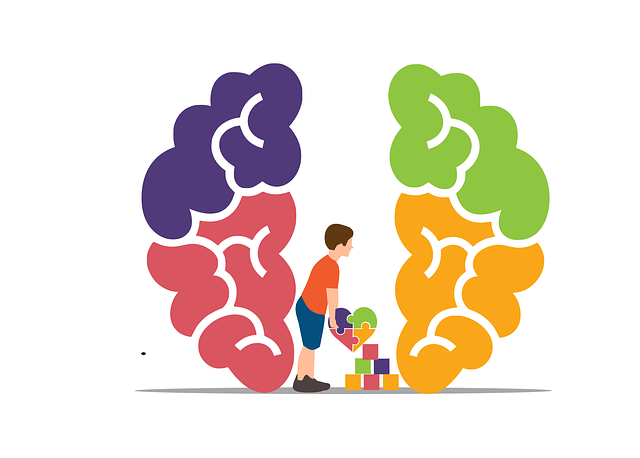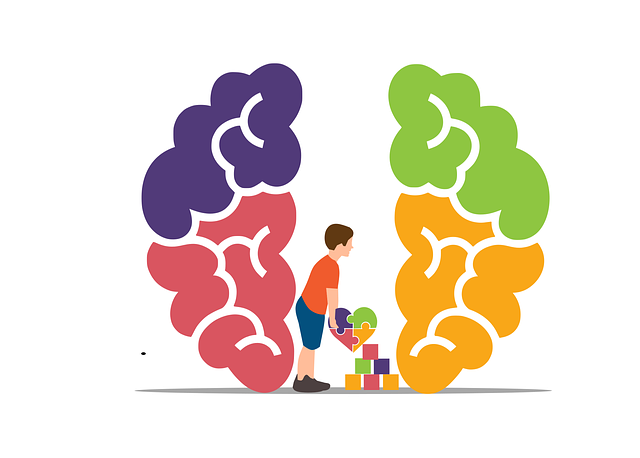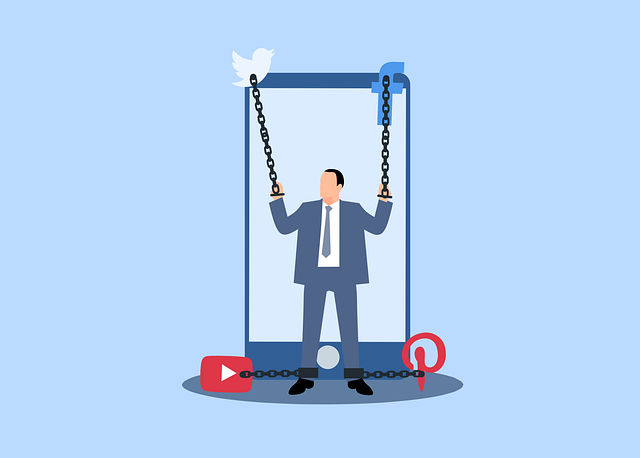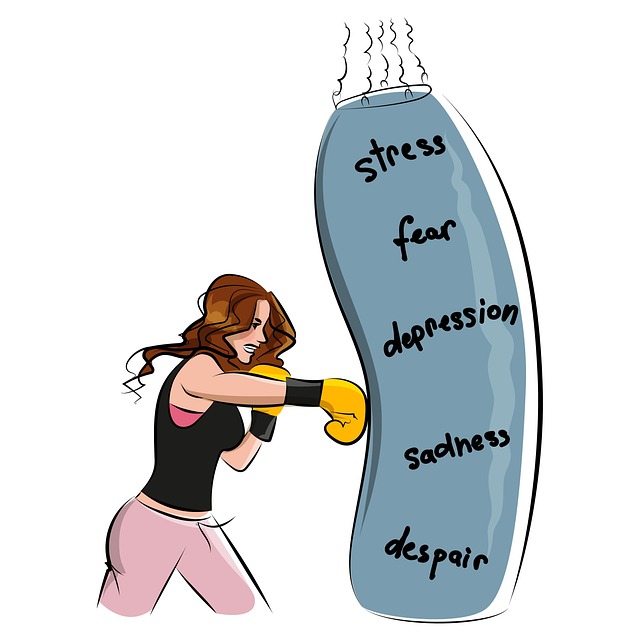Stress management workshops, like those offered by Golden Eating Disorders Therapy, are crucial for preventing mental health issues such as anxiety, depression, and eating disorders. These interactive sessions teach practical coping strategies, including meditation, cognitive reframing, and building social support networks, empowering individuals to handle stress in healthier ways. Combining personalized approaches with evidence-based techniques, these workshops foster community, solidarity, and continuous support, enhancing participants' ability to navigate challenges and improve their overall well-being.
Stress management workshops are gaining prominence as essential tools for enhancing mental well-being. This article explores the profound impact of stress on mental health and highlights the pivotal role that organized workshops play in effective stress mitigation. We delve into strategies for designing engaging sessions, emphasizing a holistic approach. A unique focus is given to Golden Eating Disorders Therapy, showcasing its innovative methods in treating eating disorders alongside stress management. By combining these practices, individuals can navigate life’s challenges with resilience.
- Understanding Stress and Its Impact on Mental Health
- The Role of Workshops in Stress Management
- Designing Effective Stress Management Workshops
- Golden Eating Disorders Therapy: A Holistic Approach to Wellness
Understanding Stress and Its Impact on Mental Health

Stress is a universal experience, but its impact on mental health can vary widely. Understanding stress involves recognizing its physiological and psychological effects. When managed effectively, it can boost resilience and overall well-being. However, chronic or prolonged stress can lead to mental illnesses such as anxiety disorders, depression, and even eating disorders—a concern that Golden Eating Disorders Therapy actively addresses.
Mental Illness Stigma Reduction Efforts emphasize the importance of early intervention and comprehensive stress management workshops in schools, workplaces, and communities. These initiatives aim to equip individuals with tools for stress assessment and prevention, thereby reducing the risk of developing mental health issues. Moreover, regular risk assessments for mental health professionals are crucial, as they can identify personal stressors and implement strategies to mitigate their effects, enhancing both their practice and patient care in the long term.
The Role of Workshops in Stress Management

Workshops play a pivotal role in stress management, offering structured and engaging environments to equip individuals with effective coping strategies. Through interactive sessions, participants learn practical techniques aimed at enhancing emotional well-being promotion. These workshops cater to diverse needs, from teaching mindfulness practices for depression prevention to fostering open discussions that challenge mental illness stigma reduction efforts.
By incorporating activities like meditation, cognitive reframing, and social support networks, Golden Eating Disorders Therapy workshops empower attendees to navigate stress in healthier ways. Such interventions are particularly valuable as they provide a safe space for individuals to share their experiences without fear of judgment, fostering a sense of community and solidarity.
Designing Effective Stress Management Workshops

Designing effective stress management workshops involves tailoring content to meet participants’ specific needs and goals. Incorporating a mix of interactive activities, such as mental wellness journaling exercises and social skills training, can enhance engagement and promote meaningful learning. Facilitators should guide participants through practical strategies for managing stress, including risk management planning tailored to their unique professions or personal circumstances. By combining theoretical knowledge with hands-on guidance, these workshops can empower individuals to better navigate challenging situations, ultimately improving overall mental wellness.
For instance, incorporating Golden Eating Disorders Therapy techniques within the framework of stress management can equip participants with tools to handle triggers and maintain a healthy relationship with food. Social skills training exercises facilitate open communication about mental health struggles, fostering supportive environments both inside and outside the workplace. Effective workshops also leave room for ongoing support and follow-up sessions, ensuring that participants feel empowered to apply learned techniques in their daily lives.
Golden Eating Disorders Therapy: A Holistic Approach to Wellness

Stress management workshops, as highlighted by our discussion on the role of these sessions and the holistic approach of Golden Eating Disorders Therapy, are powerful tools for improving mental well-being. By combining education on stress understanding with practical coping strategies, organizations can empower individuals to navigate life’s challenges more effectively. This tailored approach, as seen in the comprehensive design suggestions provided, ensures that workshops cater to diverse needs, making them valuable resources for promoting resilience and overall wellness within communities.



